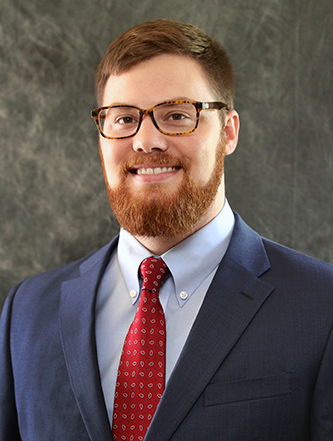Should Sales and Use Taxes Fund Interstate Improvements?
Missouri’s “Main Street,” Interstate 70, is in need of more than the usual, periodic repairs. The roadway is, in some places, 60 years old, and its foundation has deteriorated. Put simply, the massive piece of infrastructure needs to be rebuilt and many citizens also want it expanded. But, even with a strengthening economy, the Missouri Department of Transportation (MoDOT) doesn’t have the means to fund reconstruction and expansion of the roadway. So, how will the job get done?
A few proposals to fund I-70’s reconstruction have emerged in Jefferson City this legislative session. One bill, SJR 3, would raise fuel taxes by just a few cents (1.5 cents/gallon on gasoline, and 3.5 cents/gallon on diesel fuel) , and is estimated to generate $57M a year for MoDOT and $24.5M for local governments to spend on roads. Another bill, HB 155, would allow the Missouri Highways and Transportation Commission (MHTC, which oversees MoDOT), to receive proposals from the private sector on the rebuilding and eventual tolling of Interstate 70. Both proposals focus on increasing user fees, which directly tie the funding of roads to the consumption of roads.
Another bill, SB 457, takes a different approach. SB 457 would, for 10 years, divert 8% of state sales and use tax proceeds away from the general fund to a newly established “Interstate 70 Improvement Fund.” Most of those funds, averaging $250M a year, would go towards reconstructing and expanding I-70 to four lanes each direction. SB 457 would generate enough revenue to rebuild and expand I-70, but the question arises: Are sales and use taxes appropriate sources of revenue for transportation investments? The answer isn’t so clear.
For one thing, it isn’t necessarily fair to force people who don’t use I-70 to pay for it. Should a working-class family in Cape Girardeau have to pay for an interstate they’ll never drive on? Should someone who doesn’t drive at all pay for the interstate system? Moreover, basing highway funding on sales and use tax revenue could lead to unintended economic consequences. As former Show-Me Institute Policy Analyst Joseph Miller put it, “If people pay for roads and bridges based on how much they shop and not how much they drive, it will make driving look comparatively cheap, pushing people to drive more at any gasoline price, thereby increasing congestion, pollution, and urban sprawl.” In short, by socializing the cost of roadways through general taxation, people will drive more than they usually would, creating negative externalities that a user fee-based system could internalize.
It’s also worth asking whether diverting general revenue, which funds public safety, education and other important services, is the best policy option at a time when the state is making budget cuts. If general revenues are used to fund interstate improvements, could that mean services traditionally funded with general revenues will be scarcer? It’s hard to know, but policymakers would be wise to consider possible consequences before shifting funds away from other areas.
In 2014, Missourians soundly rejected a transportation sales tax hike. Perhaps that, if anything, is a signal that Missourians don’t want their shopping patterns dictating their roadway funding.


